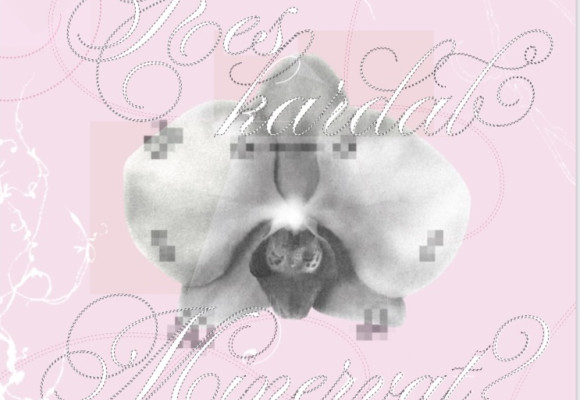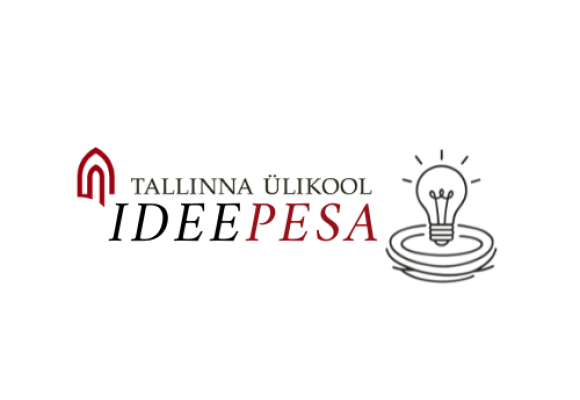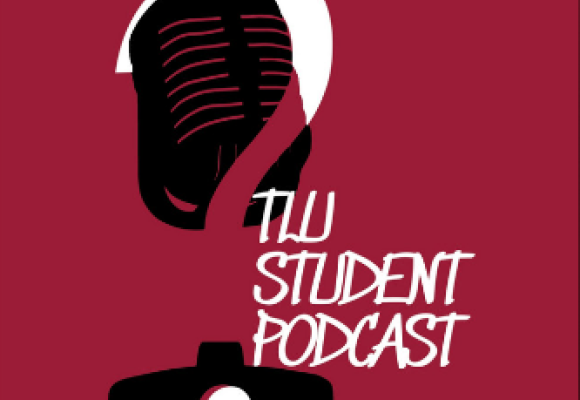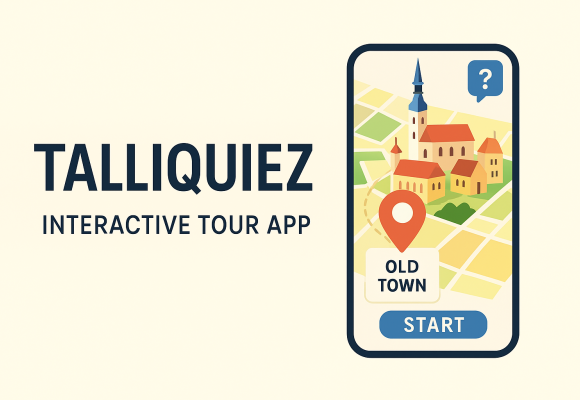StudyBot 2.0: Development of the Educational Chatbot
The aim of the project
The overarching aim of StudyBot 2.0 is to create a scientifically validated, user-friendly, and technically advanced chatbot that provides personalized and interactive support to students and faculty in an academic environment.
Specific Objectives:
- Content Expansion: Broaden the chatbot’s scope to include a greater range of information relevant to students and faculty.
- User Testing: Evaluate the application’s effectiveness and usability with target users to ensure it meets their needs.
- Technical Refinement: Improve the technical implementation to optimize performance and user experience.
- Marketing Strategy: Develop and execute a comprehensive marketing plan to increase awareness and adoption among students and faculty.
Projekti tulemused
StudyBot 2.0 is a continuation project aimed at enhancing Tallinn University’s educational chatbot. The project expanded the chatbot’s content, improved its accuracy, and addressed gaps in the original knowledge base. Three teams worked on literature review, user surveys, and improving the source file. Key activities included enabling website crawling, analyzing student feedback, and proposing a PDF sitemap for better content access. The project targets improving academic support, reducing staff workload, and ensuring long-term sustainability.







